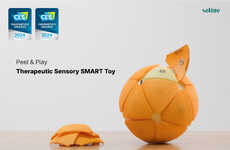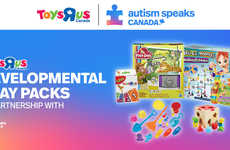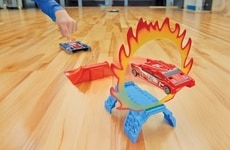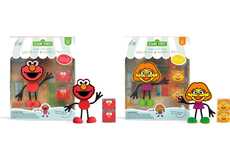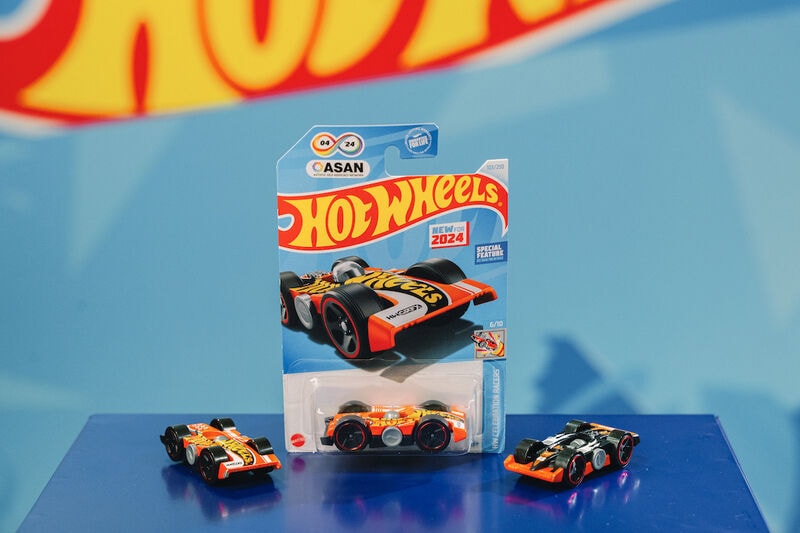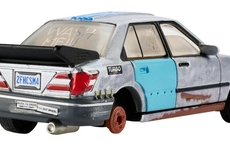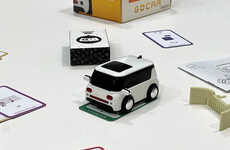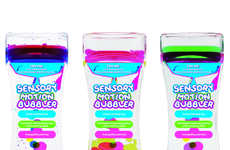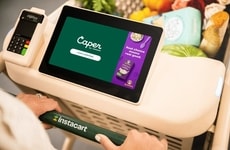
Hot Wheels' Flippin’ Fast Die-Cast Cars are Made with ASAN
References: shop.mattel & designtaxi
The Autistic Self Advocacy Network, also known as ASAN works together with Hot Wheels to create a special Flippin’ Fast die-cast car. The toy is made for Autism Acceptance Month this April, encouraging exploration and play. The car is designed to have the flexibility of a fidget spinner so that it can spin, roll forward and backward, and upside down. The collaborative design ensures that is caters to a wide range of play styles, specifically those who prefer sensory stimulation and open-ended play.
Zoe Gross, director of advocacy at the ASAN explains, “It’s exciting that Mattel has taken the needs of autistic kids into consideration with this new toy. Too often, autistic children and their families are told that they are ‘playing wrong,’ but allowing kids to play in the way they choose can promote self-regulation and self-expression. This car can be played with in any configuration, and whether kids prefer to play pretend with it or just spin the wheels, the design emphasizes that there’s no wrong way to play.”
Image Credit: Mattel
Zoe Gross, director of advocacy at the ASAN explains, “It’s exciting that Mattel has taken the needs of autistic kids into consideration with this new toy. Too often, autistic children and their families are told that they are ‘playing wrong,’ but allowing kids to play in the way they choose can promote self-regulation and self-expression. This car can be played with in any configuration, and whether kids prefer to play pretend with it or just spin the wheels, the design emphasizes that there’s no wrong way to play.”
Image Credit: Mattel
Trend Themes
1. Sensory Play Enhancement - Incorporating sensory features into toys for inclusive play experiences presents opportunities for engaging a broader audience and promoting creativity.
2. Collaborative Product Design - Partnering with advocacy groups to co-create products that cater to specific needs fosters innovation and inclusivity in the toy industry.
3. Interactive Flexibility Integration - Integrating flexibility and interactivity into toy designs enhances engagement and encourages exploration for diverse play preferences.
Industry Implications
1. Toy Manufacturing - Exploring sensory-stimulated toy designs can lead to breakthrough innovations that capture a wider market segment and meet diverse play preferences.
2. Advocacy Organizations - Partnering with toy companies to develop products that cater to specific needs can drive social impact and empower marginalized communities through inclusive play experiences.
3. Autism Support Services - Integrating sensory-rich elements into products for individuals with autism can create opportunities for promoting sensory exploration and enhancing engagement in therapeutic settings.
7.6
Score
Popularity
Activity
Freshness


